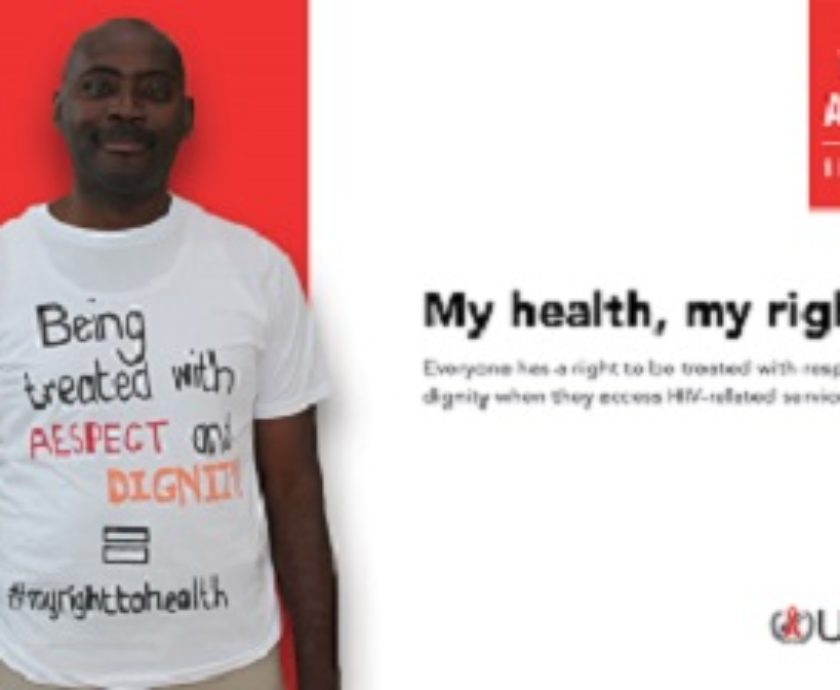International Women’s Day is a time to celebrate the achievements of women and acknowledge the work that still needs to be done to promote gender equality. One area where gender disparities persist is in women’s health, particularly when it comes to non-communicable diseases (NCDs).
NCDs are responsible for more than two-thirds of all deaths worldwide, and in St Kitts and Nevis, they account for over 80% of deaths and illnesses. Women in the Federation are disproportionately affected by some NCDs, such as diabetes and cancer, and are also at risk of developing chronic reproductive illnesses such as fibroids, endometriosis and PCOS.
Women’s exposure to stress, which is often linked to the many roles they fill in society, can increase their risk of developing an NCD. Cultural barriers, gender stereotypes, and discrimination can also contribute to poor health outcomes for women.
To address these disparities, gender-sensitive health policies are necessary. These policies must be informed by research and take into account the unique needs and experiences of women. They should also focus on reducing disparities in health outcomes between different groups of women, such as those based on age and income.
Gender-sensitive health policies must prioritize access to essential health services and address the social and economic factors that contribute to poor health outcomes. This includes ensuring access to maternal and reproductive health services, mental health services, and services for NCDs.
International Women’s Day provides an opportunity to reflect on the progress made towards improving women’s health and renew our commitment to advancing gender equity. It is a reminder that women’s health is a human rights issue, and that everyone has a role to play in promoting gender equality and empowering women to take control of their health.
Let’s work together to create gender-sensitive health policies that are grounded in the principles of equity and inclusion, and prioritize women’s health in our personal and professional lives. By making healthy lifestyle choices, advocating for policies that promote women’s health, and supporting organizations that work towards improving women’s health outcomes, we can create a world where all women have access to the care they need to thrive.












